
The African Field Epidemiology Network (AFENET) is a not-for-profit networking and service alliance of FE(L)TPs, and other applied epidemiology training programs in Africa. Established in 2005, we are dedicated to improving the health outcomes of communities through collaboration with ministries of health, national, regional and international partners. We strive to build strong, effective, sustainable programs and capacity to improve public health systems on the African continent and beyond, to ensure that they meet the requirements of the Integrated Disease Surveillance and Response (IDSR) strategy and the International Health Regulations (IHR).
Over the years, AFENET has recorded a growing partnership base with various international and regional multilateral agencies, philanthropies, government agencies, academic institutions and non-governmental organizations (NGOs). Currently, our membership consists of 40 FE(L)TPs from spread across Africa. We are committed to expanding our coverage in Africa and beyond in advancement of global health security.
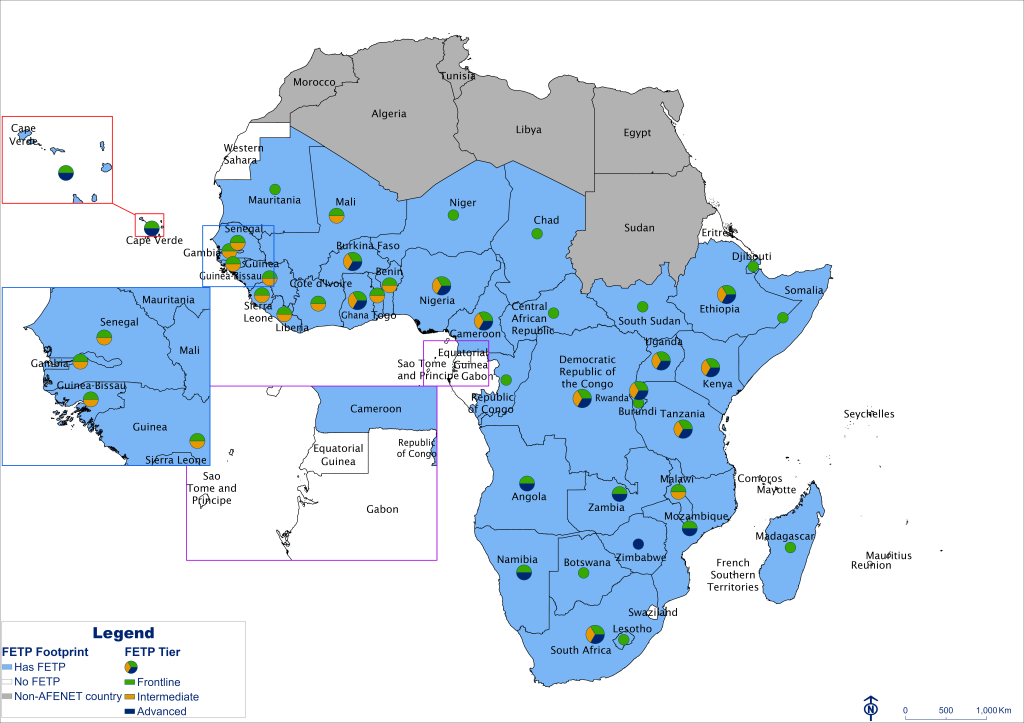
At our inception, our membership comprised four training programs that have since come to be known as our founder members and these include:
Membership has since grown to 40 FETPs spanning Anglophone, Francophone, and Lusophone Africa

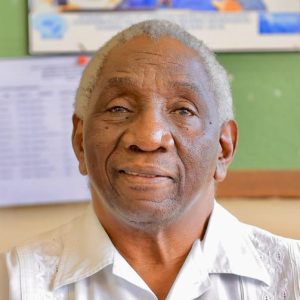


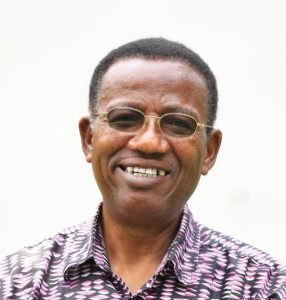

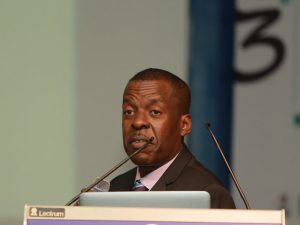
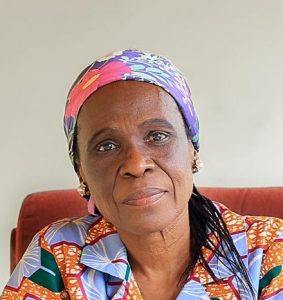

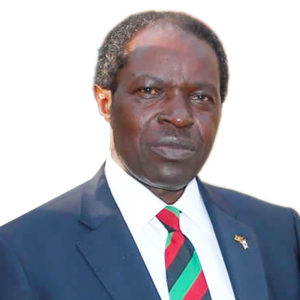

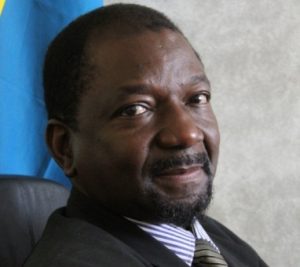

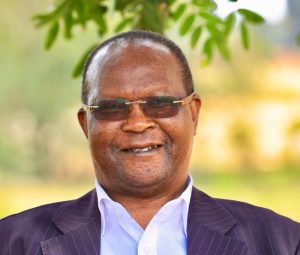

To improve the efficiency and coordination of operations, the AFENET Secretariat is supported by four regional hubs which include:
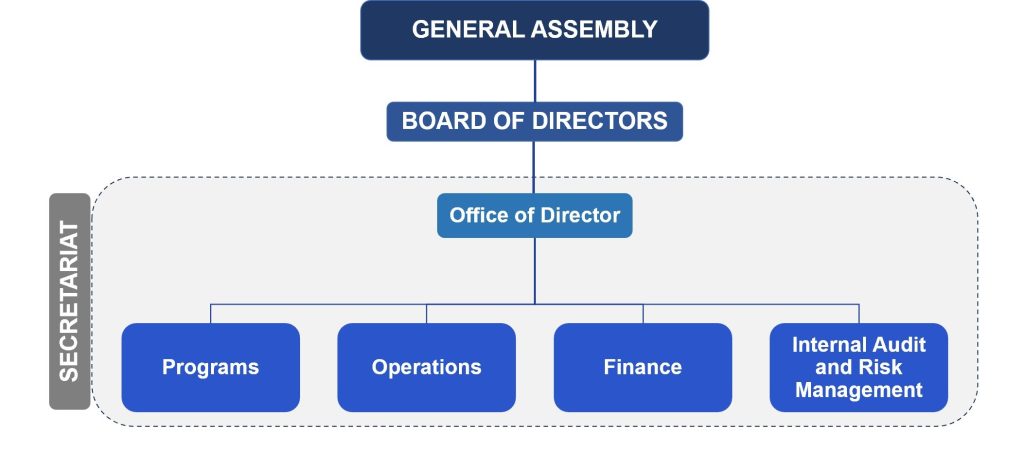
The General Assembly, which is the top decision organ of the organization comprises of Program Directors of our member FE(L)TPs. Program Directors are usually senior officials in the host ministry of health or public health institute for the FE(L)TP. The General Assembly meets annually.
The Board of Directors is elected from the General Assembly every two years and provides oversight over the operations of the Network through the Secretariat. To increase its efficiency, the Board operates through four committees: Finance, Audit and Risk; Human Resource; Policy, Advocacy and Resource Mobilization; and Quality Assurance and Monitoring & Evaluation.
The current Board of Directors has 10 members, including the Director AFENET, who is a non-voting member.
At the Secretariat, the Director is supported by a team of four heads of department to coordinate the day-to-day operations of the Network.
